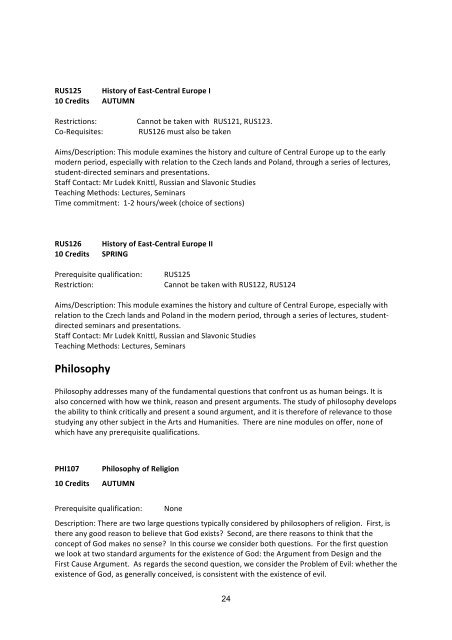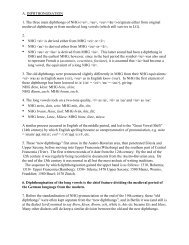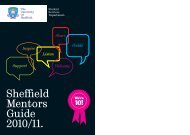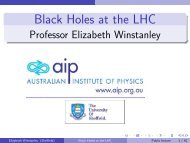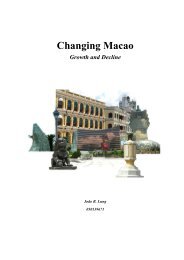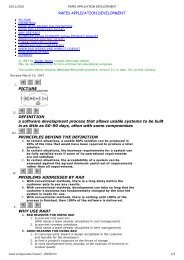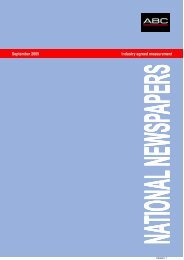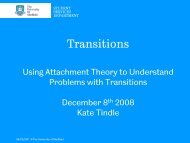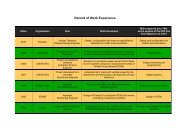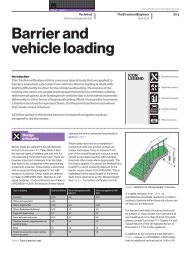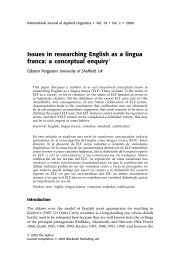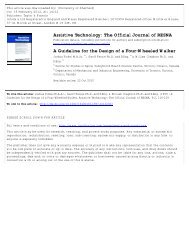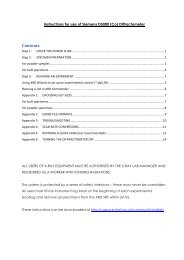Free Modules SOMLAL.pdf
Free Modules SOMLAL.pdf
Free Modules SOMLAL.pdf
Create successful ePaper yourself
Turn your PDF publications into a flip-book with our unique Google optimized e-Paper software.
RUS125 History of East-‐Central Europe I<br />
10 Credits AUTUMN<br />
Restrictions: Cannot be taken with RUS121, RUS123.<br />
Co-‐Requisites: RUS126 must also be taken<br />
Aims/Description: This module examines the history and culture of Central Europe up to the early<br />
modern period, especially with relation to the Czech lands and Poland, through a series of lectures,<br />
student-‐directed seminars and presentations.<br />
Staff Contact: Mr Ludek Knittl, Russian and Slavonic Studies<br />
Teaching Methods: Lectures, Seminars<br />
Time commitment: 1-‐2 hours/week (choice of sections)<br />
RUS126 History of East-‐Central Europe II<br />
10 Credits SPRING<br />
Prerequisite qualification: RUS125<br />
Restriction: Cannot be taken with RUS122, RUS124<br />
Aims/Description: This module examines the history and culture of Central Europe, especially with<br />
relation to the Czech lands and Poland in the modern period, through a series of lectures, student-‐<br />
directed seminars and presentations.<br />
Staff Contact: Mr Ludek Knittl, Russian and Slavonic Studies<br />
Teaching Methods: Lectures, Seminars<br />
Philosophy<br />
Philosophy addresses many of the fundamental questions that confront us as human beings. It is<br />
also concerned with how we think, reason and present arguments. The study of philosophy develops<br />
the ability to think critically and present a sound argument, and it is therefore of relevance to those<br />
studying any other subject in the Arts and Humanities. There are nine modules on offer, none of<br />
which have any prerequisite qualifications.<br />
PHI107 Philosophy of Religion<br />
10 Credits AUTUMN<br />
Prerequisite qualification: None<br />
Description: There are two large questions typically considered by philosophers of religion. First, is<br />
there any good reason to believe that God exists? Second, are there reasons to think that the<br />
concept of God makes no sense? In this course we consider both questions. For the first question<br />
we look at two standard arguments for the existence of God: the Argument from Design and the<br />
First Cause Argument. As regards the second question, we consider the Problem of Evil: whether the<br />
existence of God, as generally conceived, is consistent with the existence of evil.<br />
24


